Publications
Articles, publications, books, tools and multimedia features from the U.S. Institute of Peace provide the latest news, analysis, research findings, practitioner guides and reports, all related to the conflict zones and issues that are at the center of the Institute’s work to prevent and reduce violent conflict.

Trump Highlights Religion in Israeli-Palestinian Conflict
With the Israeli-Palestinian conflict a centerpiece of his first official trip abroad, President Donald Trump is staking out some delicate terrain. Unlike his predecessors, Trump has taken the risky step of highlighting the importance of religion to his policy goals with stops in Saudi Arabia, ...
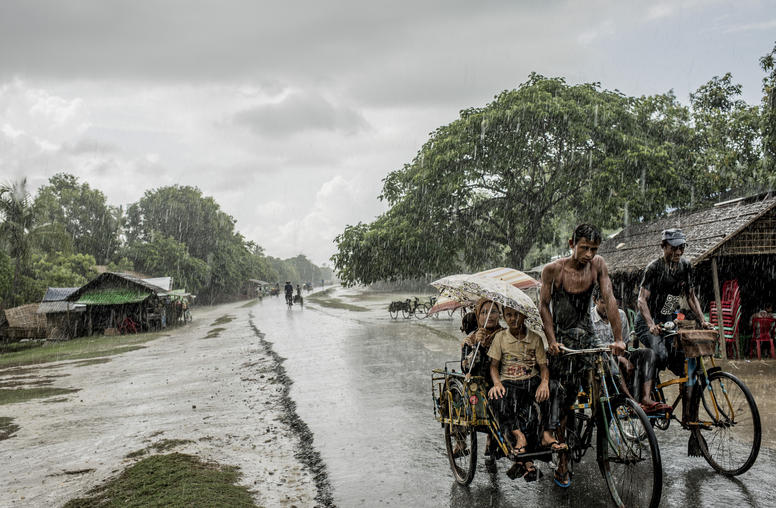
Cautious Optimism on Burma’s Arduous Path to Peace
A year after Burma’s pro-democracy leader, Aung San Suu Kyi, took office, her country’s transition from military rule toward democracy and peace has made progress—but continued fighting underscores the need for faster progress, said diplomats, scholars and other analysts who convened at USIP on March 16.
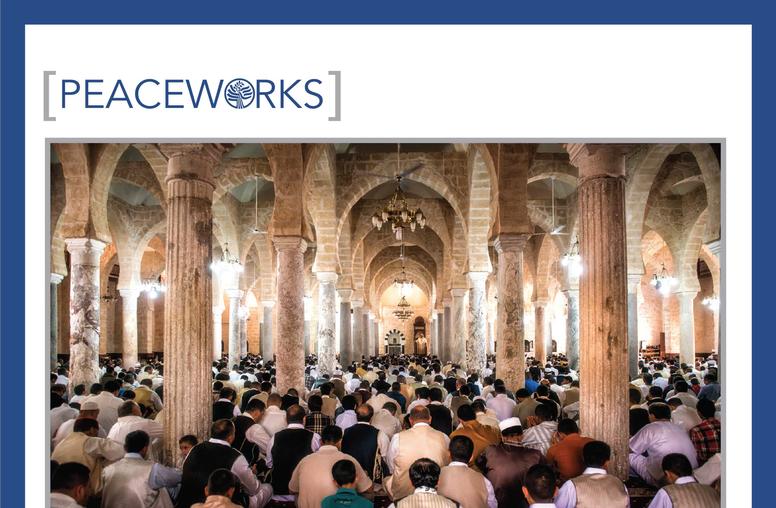
Libya’s Religious Sector and Peacebuilding Efforts (Arabic)
التقرير الماثل هو عصارة استبيانين أُجْرِيا في ليبيا خلال عامي 2014 و2016. والغاية منه سَبْرُ أغوار القطاع الديني في ليبيا ورصد تأثيره في الحكم والمجتمع. وقد استندت عملية استخلاص نتائج هذا التقرير إلى الجهود البحثية التي أجراها فريق من الباحثين المحليين الخبراء بالشأن الليبي. وترسم هذه النتائج خريطة لأهم التوجهات الدينية والمؤسسات الدينية والجهات الدينية الفاعلة في ليبيا، وترصد منظور الليبيين لمساهمة القطاع الديني في بناء السلام وتعزيز العدالة والديمقراطية.
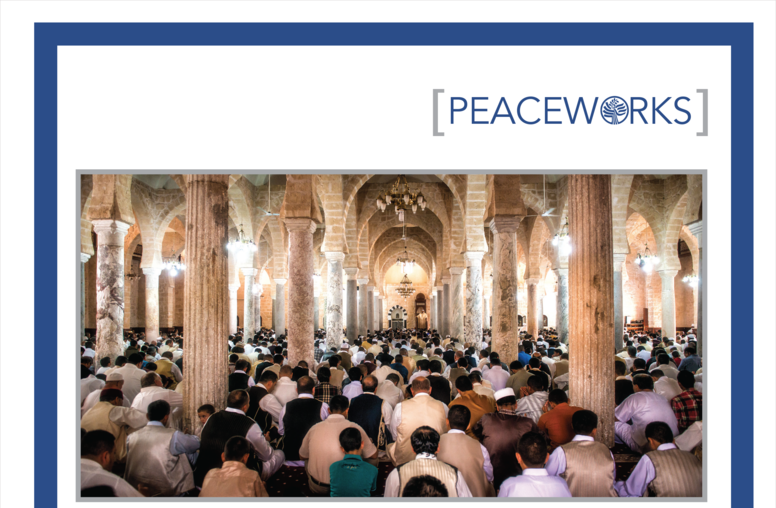
Libya’s Religious Sector and Peacebuilding Efforts
Derived from two surveys conducted in Libya in 2014 and 2016, this report strives to heighten understanding of the country’s religious sector and its impact on governance and society. The findings—which are bolstered by the local knowledge of Libyan researchers—map the major religious trends, institutions, and actors in the country to describe how Libyans perceive the contribution of the religious sector to building peace and fostering justice and democracy.
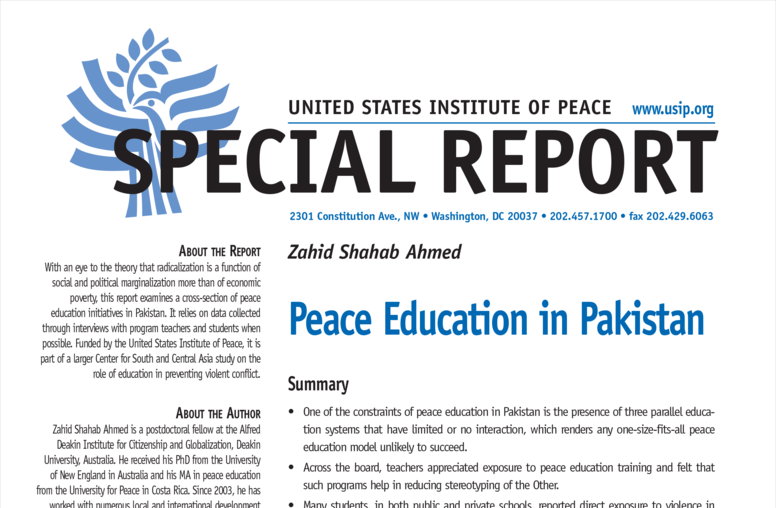
Peace Education in Pakistan
Virtually every country in South Asia faces militancy and conflict to some extent. Pakistan has been especially prone. Peace education addresses the root causes of conflict and is thus a sustainable long-term solution in conflict resolution and prevention efforts. This report examines nine representative peace education initiatives in Pakistan to better understand what types of interventions were most effective, the differences and similarities between peace education programs and curricula in schools and madrassas, and what the peacebuilding field can draw from the selected case studies.
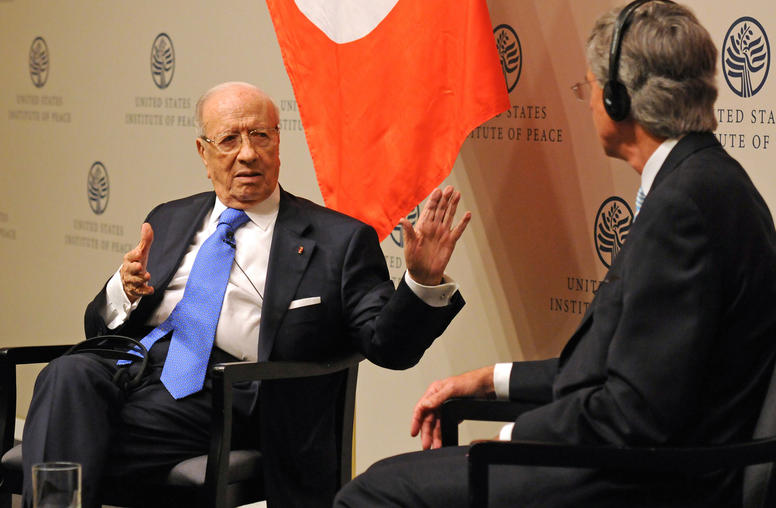
Violent Extremism: Muslim Democrats as Part of Solution
The White House account of President Donald Trump’s first phone call with Tunisian President Beji Caid Essebsi is a good sign that the U.S. might continue to work cooperatively with moderate Muslim political leaders who can contribute to global stability and aid in reducing violent extremism.
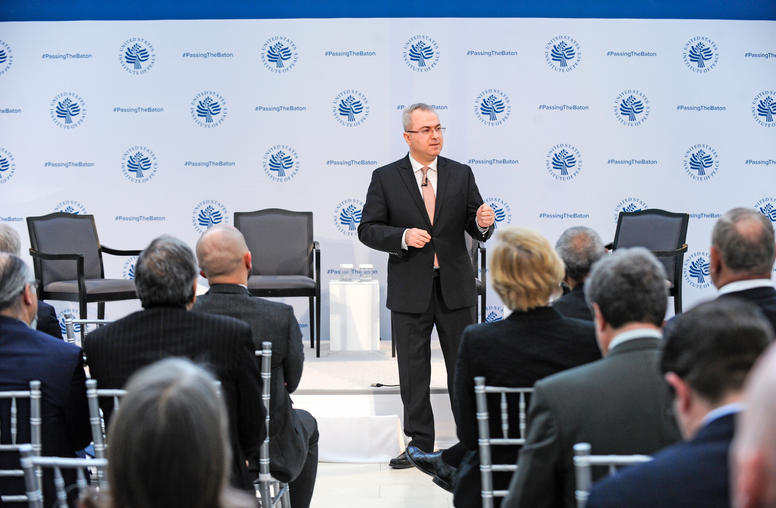
Cooling Iraq’s Conflict With Community Dialogue
The violence of extremists—and the chaos they spawn—takes place in towns, villages, streets and homes, not along some far-off front line. That’s where extremist groups seek recruits and where residents they victimize plot revenge, said the U.S. Institute of Peace’s Sarhang Hamasaeed in a Ted Talk-style presentation during the Jan. 10 “Passing the Baton” conference. While national and international efforts to bring peace to such areas can help, dialogue and mediation at the community level has...
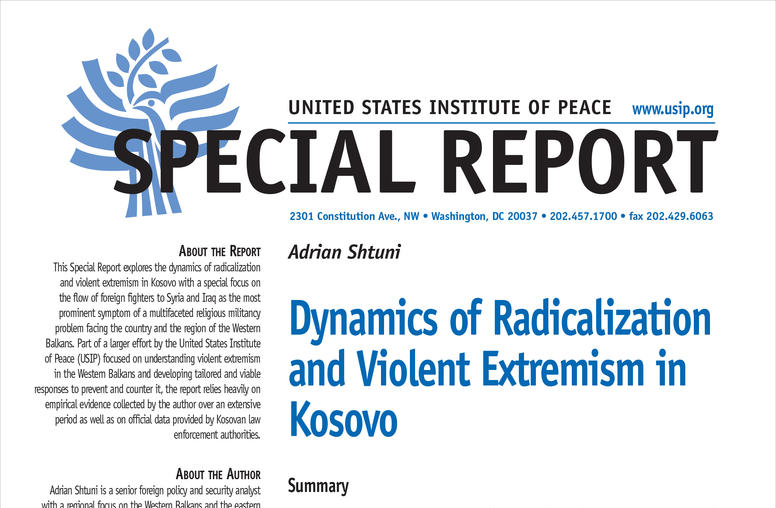
Dynamics of Radicalization and Violent Extremism in Kosovo
Relying in large part on primary empirical evidence, this report explores the dynamics of violent extremism in Kosovo and the disproportionately high number of radicalized fighters from the region in Syria and Iraq. Examining the historic, cultural, geopolitical, and socioeconomic factors behind the phenomenon, it focuses on the flow as a symptom of a larger religious militancy problem within the country and offers recommendations on countering that challenge.
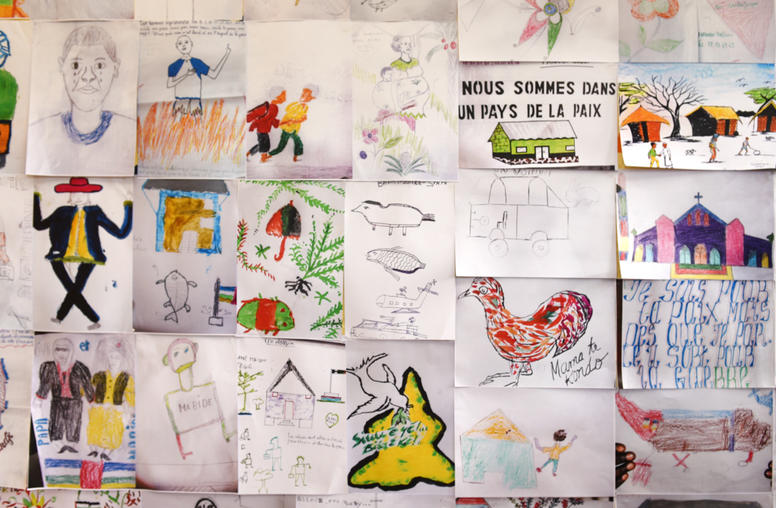
Q&A: Central African Republic Waiting for Peace
Nine months after the Central African Republic (CAR) held free, peaceful and democratic elections for president and parliament, the country continues to struggle for stability and progress. Half of the country remains in need of humanitarian aid, and an increase in violent incidents since September threatens to destabilize any progress made to date. At the end of November, clashes between factions of the ex-Séléka, a formerly united alliance of primarily Muslim armed groups, left 85 dead, 76 injured and 11,000 newly displaced.
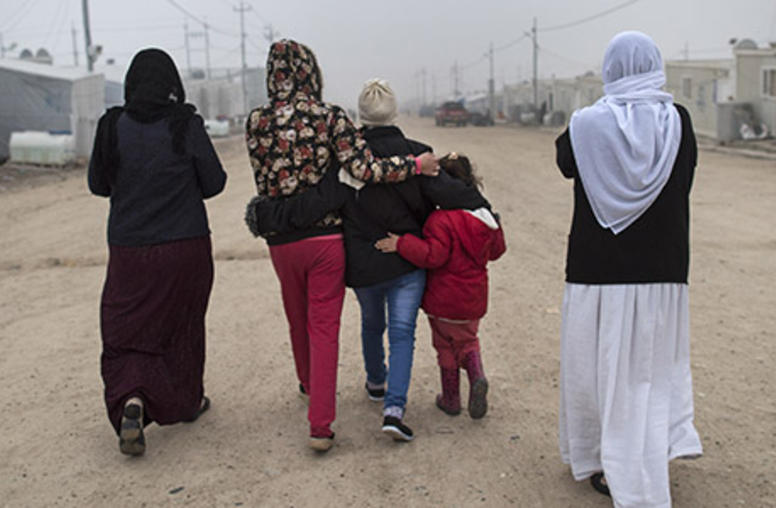
ISIS Makes Sex Slavery Key Tactic of Terrorism
The sexual violence committed against women and girls by the Islamic State of Iraq and Syria (ISIS) can only begin to be addressed with a multipronged response from the global to the local level, said Zainab Hawa Bangura, the United Nations’ point person on the issue. Speaking at the U.S. Institute of Peace, Bangura cited work ranging from promotion of U.N. resolutions to talks with religious leaders to suggest how the brutal, systematic sexual slavery imposed by the extremist group might be ...